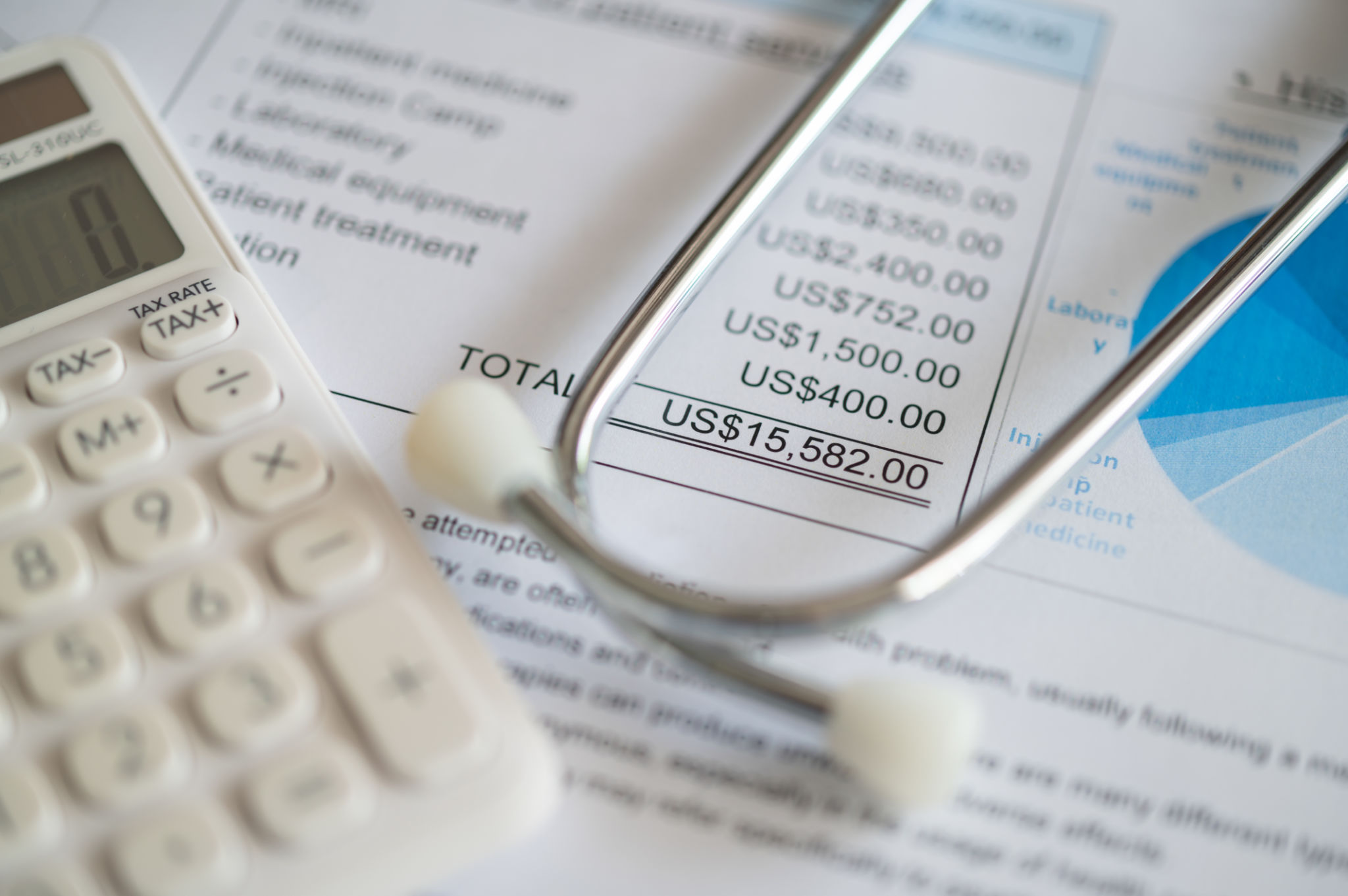A Comprehensive Guide to Low-Income Health Coverage in Florida
Understanding Low-Income Health Coverage
Access to health coverage is a critical issue faced by many low-income individuals and families in Florida. With the rising costs of healthcare, understanding the available options for low-income health coverage can be a daunting task. This guide aims to provide a comprehensive overview of the programs and resources available to help those in need gain access to affordable healthcare.

Medicaid in Florida
Medicaid is a state and federally funded program designed to assist low-income individuals and families with healthcare costs. In Florida, Medicaid provides coverage for a wide range of medical services, including doctor visits, hospital stays, long-term care, and more. Eligibility for Medicaid in Florida is determined based on income, household size, and certain other criteria.
To qualify for Medicaid in Florida, applicants must meet specific income requirements, which vary depending on factors such as age, pregnancy status, and whether they have dependents. For many, this program is a vital resource for accessing necessary healthcare services.
Children’s Health Insurance Program (CHIP)
The Children’s Health Insurance Program (CHIP) offers low-cost health coverage to children in families that earn too much money to qualify for Medicaid but cannot afford private coverage. In Florida, this program is often referred to as Florida KidCare. It provides comprehensive health services including immunizations, physical exams, and emergency care for children up to age 19.

To apply for CHIP, parents can visit the Florida KidCare website, where they can also check their eligibility and find detailed information on the application process. This program ensures that children receive the necessary medical attention for their development and well-being.
Florida’s Medically Needy Program
For those who do not qualify for Medicaid due to income but have significant medical expenses, Florida offers the Medically Needy Program. This program acts as a safety net by covering medical costs once an individual’s or family’s expenses reduce their income to an allowable level. It is especially beneficial for those facing unexpected medical conditions that require costly treatments.

Enrollment in the Medically Needy Program typically involves submitting proof of medical expenses and income. This program serves as an important resource for individuals who find themselves temporarily unable to afford necessary medical care.
Community Health Centers
Community health centers across Florida play a crucial role in providing accessible healthcare to low-income individuals. These centers offer a range of services from primary care to dental and mental health services on a sliding fee scale based on income. They are an invaluable resource for those without insurance or with limited coverage.
Many community health centers collaborate with local hospitals and organizations to extend comprehensive care to underserved communities. Individuals can locate nearby centers through the Florida Association of Community Health Centers website.
Additional Resources and Assistance
Beyond state programs, numerous nonprofit organizations in Florida offer assistance with healthcare access and affordability. Programs such as prescription assistance, transportation for medical visits, and emergency financial aid can further alleviate the burden of healthcare costs for low-income families.

Staying informed about these resources is crucial. It is advisable to regularly check state and local health department websites for updates on available programs. Additionally, seeking assistance from social workers or case managers can help navigate the complexities of accessing low-income health coverage in Florida.
